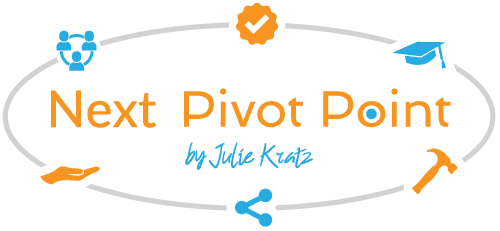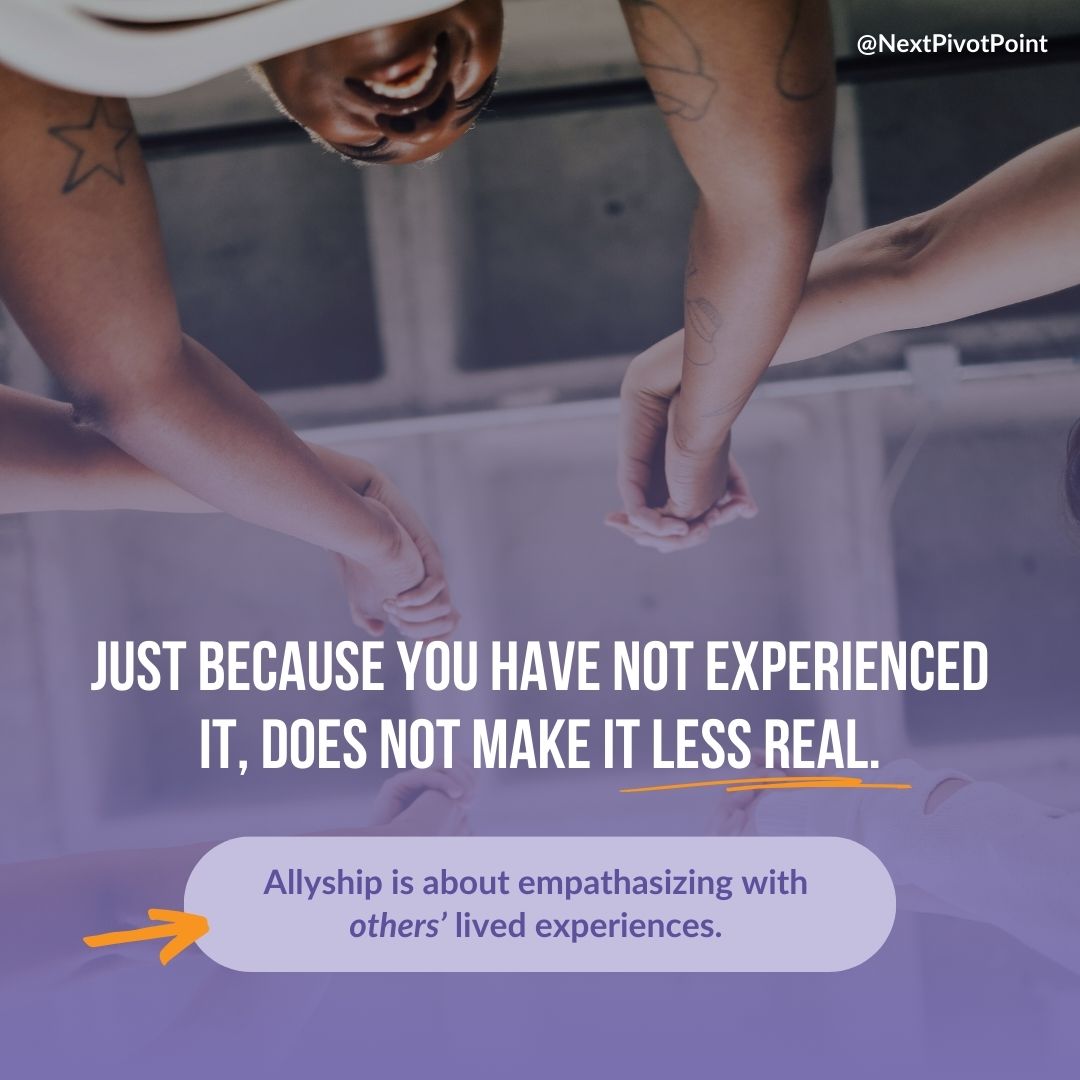April is Autism Acceptance Month
Autism is one form of neurodivergence where the brain works differently than a brain that is considered typical. Autistic behaviors are on a continuum and can vary greatly from person to person. Social communication challenges, sensory issues and restricted, repetitive behaviors are most common. Symptoms of autism may include the inability to speak verbally, use or understand gestures, make eye contact, recognize emotions and intentions in others, self-regulate one’s emotions, take turns in conversation and gauge personal space.
Autistic people may make repetitive body movements (e.g., rocking, flapping, spinning, running back and forth) and repetitive motions with objects (e.g., spinning wheels, shaking sticks, flipping levers) and prefer rigid routines (e.g., same daily schedule, meal menu, clothes, route to school). While the research is still new, it is believed that the neurons in autistic brains…..
Read the rest of this article by Julie Kratz on Forbes.com
At Next Pivot Point we have lots of resources to help you facilitate successful diversity and inclusion initiatives. Schedule some time with our team today to discuss where to start or how to do better. You can also check out:
- 💻 Our Lead Like an Ally online, self paced program
- 🗣️ Our available workshop topics for developing inclusive leaders.
- 🎓 Our Train the Trainer programs for scalability within your organization
- 🤏 Our Right-Sized DEI micro-content packages for consistent small-drip content throughout the year.

